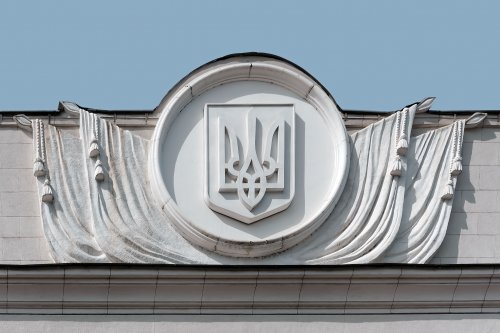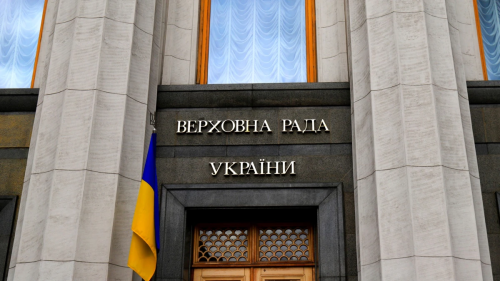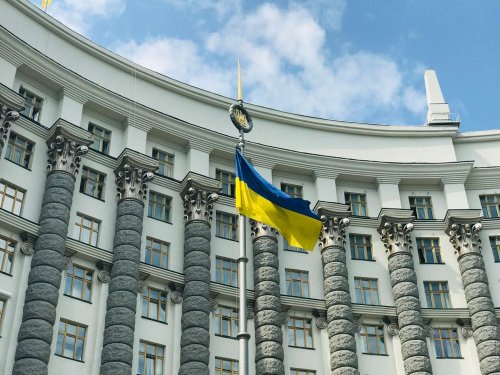Currently, Ukrainian manufacturers cannot legally obtain the conclusion of the state sanitary-epidemiological examination, as well as other permitting documents due to the inconsistency of laws and regulations related to the establishment of sanitary protection zones (SPZ) around enterprises.
Experts of the Association of Environmental Professionals (PAEW) were outraged by this situation.
They said that the State Sanitary Rules for the Planning and Development of Settlements (DSP), approved by the order of the Ministry of Health of Ukraine dated June 19, 1996, require enterprises to conduct a state sanitary-epidemiological examination to determine the size of the SPZ around the enterprises. It was carried out by the State Service for Food Safety and Consumer Protection (State Consumer Service).
But from October 1, 2023, the Law of Ukraine "On the Public Health System" entered into force. This document, in particular, fixes the obligation of economic entities to fulfill the requirements of sanitary legislation and to carry out medical and sanitary measures. The conflict is that it does not at all provide for the conduct of a state sanitary-epidemiological examination and the issuance of the conclusions of such an examination.
Experts say that the conclusion of the state sanitary-epidemiological examination of operating facilities was also excluded from the list of documents of a permissive nature in the field of economic activity, defined by Appendix 1 to the Law of Ukraine "On the List of documents of a permissive nature in the field of economic activity".
But PAEW adds that this is not all: the Ministry of Health of Ukraine (MOH) canceled the order "On the approval of the Regulation on the expert commission on establishing and changing the size of sanitary protection zones under the chief state sanitary doctor of Ukraine." According to the order of the Ministry of Health dated September 28, 2023, it became invalid as of October 1, 2023, i.e., the date of entry into force of the Law of Ukraine "On the Public Health System".
It is because of this legislative conflict, according to experts, that companies are deprived of the opportunity to fulfill the requirements of clause 5.9. DSP, conduct a state sanitary-epidemiological examination of the materials regarding the sizes of the SPZ and approve them by an authorized person.
PAEW emphasized that this situation precludes the possibility of obtaining other permits in the future, such as a permit for the emission of pollutants by stationary emission sources, an environmental impact assessment conclusion, and the implementation of economic activities in general.
"In the conditions of war, the need to maintain and restore the country's economy, this situation is unacceptable," the experts summarized and called to join their appeal to the officials of the Ministry of Health to correct the current situation.
Earlier, EcoPolitic reported, that the legal obstacles that created by the Ministry of Environment for domestic enterprises in their efforts to implement waste reform. Since June 9, 2024, more than 8,000 companies have become de facto illegal due to the complex and lengthy procedure of obtaining a new waste treatment permit.




